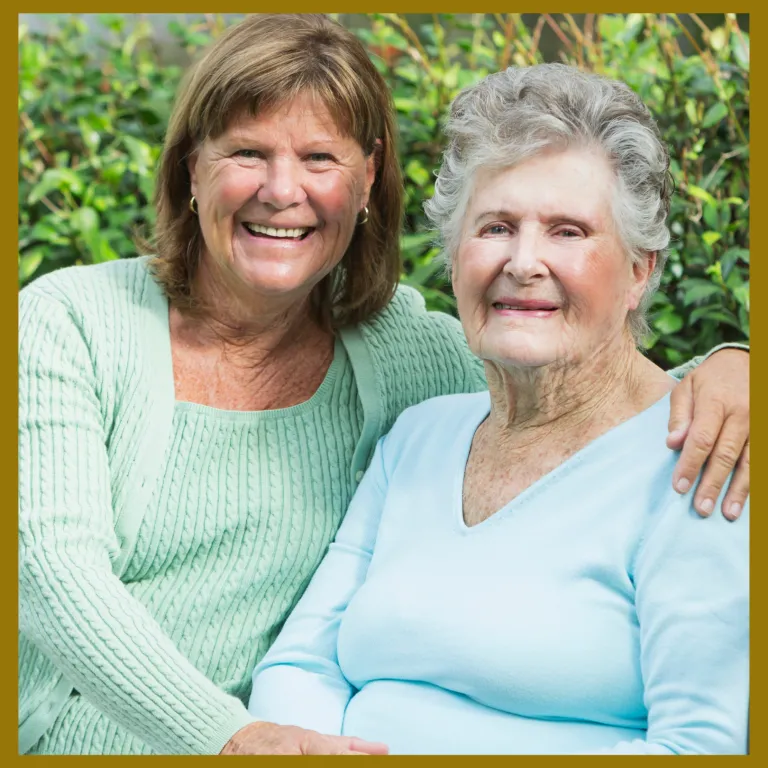
Being tasked with caring for a loved one who has been diagnosed with dementia can be a daunting task. What can you expect in the coming months? How will you know how best to care for your loved one? These questions aren’t ones you should automatically know the answers to, so it’s important to do a little research to be prepared. Here are 10 things to keep in mind when communicating with your loved one struggling with dementia, courtesy of the Family Caregiver Alliance:
1. Keep a positive attitude
It may sound unimportant, but often your mood and body language speak louder than your words, especially when communicating with someone with dementia. Keep a pleasant facial expression and tone of voice, and don’t be afraid to show feelings of affection.
2. Get the person’s attention
Before you begin communicating with your loved one, make sure you have his or her complete attention by limiting distractions and noise such as the television. Address your loved one by his or her name, and, if necessary, identify yourself.
3. State your message clearly
Speak slowly, distinctly and in a reassuring tone using simple words and sentences. Repeat your message if he or she doesn’t understand the first time, and if he or she still doesn’t understand, wait a few moments and rephrase the question.
4. Ask simple questions
Instead of asking what your loved one would like to wear in the morning, give him or her an option: “Would you like to wear the green shirt or the black shirt.” In that instance, you can also give visual prompts by holding up the green and black shirts.
5. Listen with more than your ears
Sometimes it may be hard for your loved one to communicate his or her wishes with words. You can suggest words and watch for nonverbal cues that may answer your question.
6. Break down activities into steps
Daily tasks can seem daunting to those with dementia and by breaking down those tasks into a series of steps can make them seem more manageable. Rather than expecting him or her to set the whole table, guide your loved one through the process—first the plates, then the napkins, then the silverware. Pointing to where items go can also be helpful.
7. Distract or redirect when necessary
When your loved one appears agitated or upset, try changing the subject or bringing them into a new environment. Suggest the two of you go for a walk, or get a bite to eat, and then come back to what upset him or her later.
8. Treat the person with affection and reassurance
Living with dementia can be confusing, and your loved one will often feel unsure. Respond with expressions of comfort, such as holding hands, hugging and giving praise.
9. Remember the past
While your loved one may not remember what happened 10 minutes ago, chances are, he or she will remember things that happened further in the past. When making conversation, ask general questions about the person’s childhood or work career, as they are more likely to remember those things.
10. Keep a sense of humor
While you shouldn’t use humor at your loved one’s expense, humor can be a good way of connecting with him or her. People with dementia often retain their social skills and will be happy to laugh along with you.
There may come a time when caring for your loved one becomes too much for you. Kingsway Community is proud to serve families and individuals living with dementia. Kingsway’s Memory Care Center is located within Kingsway Manor Assisted Living. Family members can trust their loved one will receive the best individualized care related to their medical, physical, emotional and social well-being at Kingsway. For more information, visit https://www.kingswaycommunity.com/memory-care.